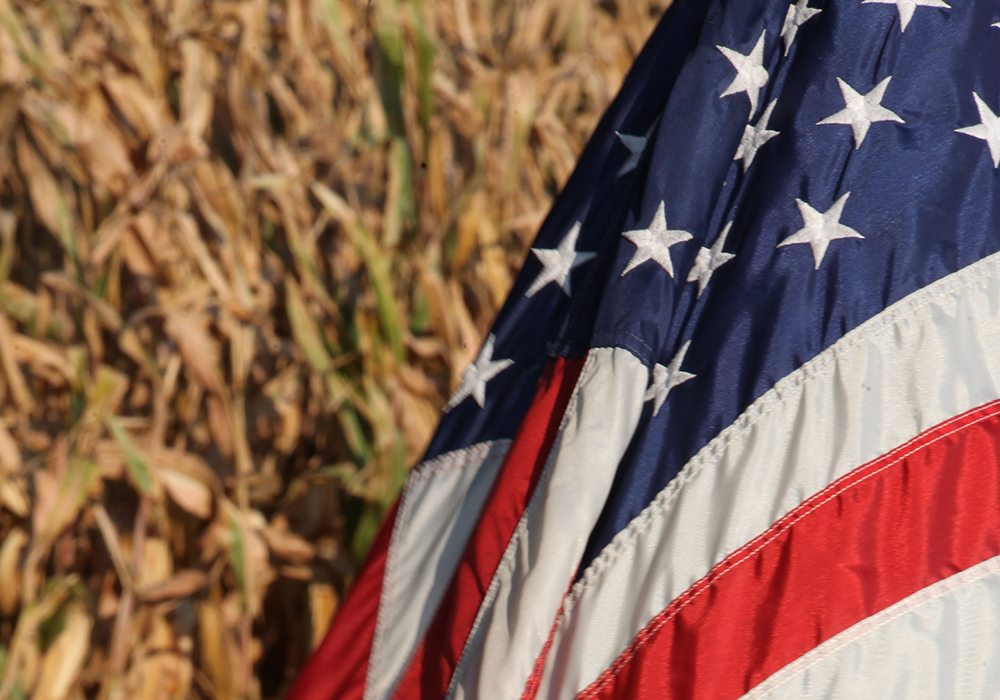It’s been years since this weekly effort has used any time, muscle or brain cells to write, or, frankly, even care about any of the 21 costly, ineffective, and virtually bulletproof American commodity checkoff programs.
The reason is simple: In three decades of reporting on congressionally-chartered, federal checkoffs — often documenting illegal use of farmer and rancher money for lavish travel, spying on fellow farm groups and funding outlawed political activities — rare is the checkoff, check-off employee or check-off farmer-director held accountable for any of the questionable activities or the checkoffs’ rock-bottom performances since the late-1980s.
Read Also

Worrisome drop in grain prices
Prices had been softening for most of the previous month, but heading into the Labour Day long weekend, the price drops were startling.
In fact, the third column I ever wrote, in June 1993, outlined how an audit of the not-yet-completely-in-place federal soybean checkoff discovered “$405,219 of questioned costs, which the ASA” — its main contractor, the American Soybean Association — “had charged USB,” the newly formed checkoff’s United Soybean Board.
And, I added, “… the sum could be larger” because the “…audit traced only 60 percent of USB’s money at ASA…”
Those two observations — disputed costs and incomplete audits — would become themes of many columns over the next 30 years. Another favourite was the clear failure of most checkoffs to boost consumer demand, the key selling point that every checkoff-pusher swore would raise farm prices.
For example, a May 1998 column revealed that the federal dairy checkoff had spent “about $2.5 billion” in dairy promotion money from 1987 to 1996 even as “U.S. milk and dairy product consumption dropped a solid four percent.”
The column outlined how U.S. cattle producers had “dumped $874 million into their beef checkoff” between 1986 and 1996 as American “per capita beef consumption dropped by 5.4 lbs. and consumers cut beef expenditures by $8 billion.”
It also showed how the pork checkoff and its “The Other White Meat” campaign had spent $417 million in non-refundable checkoff cash to raise per capita pork consumption a tiny 0.4 lb., from 45.6 lb. in 1986 to 46 lb. in 1997.
That rounding-error increase in pork consumption cost rural America more than check-off millions, though. During that same decade, “60 percent of producers, or more than 200,000, left the pork industry.”
Given this early, awful performance of U.S. government chartered checkoffs, the following facts won’t come as breaking news: Over the subsequent 25 years, federal checkoffs–spending an estimated $900 million to $1 billion a year on generic commodity advertising–were even less effective.
For example, after an estimated $30 to $35 billion in collective ag commodity checkoff spending since 1987, American per capita consumption of fluid milk is one-half today what it was 40 years ago, beef has fallen from 73.7 lb. per year to 57.4 lb., and pork remains flat, 48.8 lb. in 1987 and now only 50 lb.
Meanwhile, U.S. per capita consumption of chicken increased from 56.6 lb. in 1987 to about 101.8 lb. in 2023, or nearly double over the same period.
And here’s the too-funny-to-be-funny part about the rise of the all-conquering chicken: it became “what’s for dinner” not by spending checkoff billions to tell Americans it was “the original white meat” or ask if they “got” chicken.
In fact, chicken didn’t put even one of its eggs in any costly, producer-funded checkoff basket because chicken doesn’t have a state or federal checkoff. Instead, it seized the American dinner plate by investing in quality and convenience while avoiding every check-off fight.
Now a long-overdue, new checkoff reform effort is underway in Congress. It’s led by Utah Republican Mike Lee and Democrat (and vegan) Cory Booker of New Jersey, who say reform is needed because of the “unlawful use of check-off program funds (that) benefit some agricultural producers while harming others.”
Most of the groups that have been deeply enriched by federal checkoffs–like the soybean gang, the National Pork Producers Council, the National Milk Producers Federation, and the National Cattlemen’s Beef Association–are fighting all reforms.
Why? Because commodity checkoffs are really about gravy, and this gravy train has been running for 35 years.
Alan Guebert is an agricultural commentator from Illinois.















